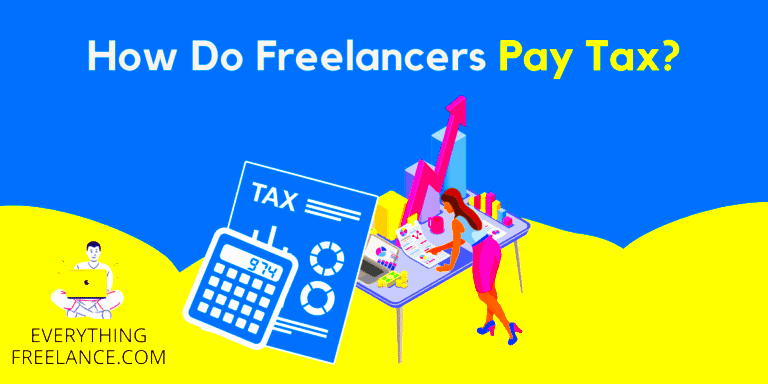Understanding Freelance Income

Freelance income is the money received from clients who look for short term contracts instead of working for a company as an employee. A few examples of this type of job include:
- Writing and editing
- Graphic design
- Web development
- Consulting
- Photography
Your freelance income is typically reported as self-employment income, which means you are responsible for paying your own taxes. It’s essential to track every payment you receive and keep records of your work to ensure accurate reporting during tax season. One common way freelancers report their income is through a 1099 form, which clients issue if they pay you more than $600 in a year. Keep in mind that even if you don’t receive a 1099, you are still required to report all income earned.
Also Read This: How to Activate Gigs on Fiverr
Tax Obligations for Freelancers

Different from wage earners, freelancers have specific tax responsibilities. However, knowing these responsibilities will make you able to avoid penalties and be on track with compliance. The following are some of the significant taxes that freelancers must remit:
- Self-Employment Tax: Freelancers must pay self-employment tax, which cov
Also Read This: How to Cancel a Fiverr Order: A Step-by-Step Guide
Tips for Managing Tax Payments
Managing tax payments can feel overwhelming for freelancers, but with the right approach, it can be a breeze. Here are some helpful tips to keep your tax payments organized and stress-free:
- Set Aside Money for Taxes: As a freelancer, it’s crucial to set aside a portion of your income for taxes. A good rule of thumb is to save about 25-30% of your earnings. This way, you’ll be prepared for your tax bill come April.
- Make Quarterly Payments: Since freelancers don’t have taxes withheld, you need to pay estimated taxes quarterly. Mark your calendar for these due dates to avoid penalties.
- Open a Separate Bank Account: Consider opening a separate account for your tax savings. This can help you keep track of how much you’ve set aside and prevent you from accidentally spending it.
- Stay Informed: Tax laws can change, so make it a point to stay updated on any changes that may affect your payments. Websites like the IRS can be great resources.
- Utilize Accounting Software: Tools like QuickBooks or FreshBooks can help track your income and expenses, making it easier to calculate your tax payments accurately.
By following these tips, you’ll find managing your tax payments much more straightforward, allowing you to focus on growing your freelance business.
Also Read This: How to Write Packages on Fiverr: A Comprehensive Guide
Frequently Asked Questions
Many freelancers have questions about taxes, especially if they are new to self-employment. Here are some common questions and answers to help clarify things:
- Do freelancers have to pay taxes? Yes, freelancers are required to pay taxes on their earnings. This includes self-employment tax as well as income tax.
- What expenses can I deduct? You can deduct a variety of expenses related to your freelance work, including home office costs, supplies, and professional services.
- How do I file my taxes as a freelancer? Freelancers typically file their taxes using a Schedule C form along with their personal tax return. You may also need to file Schedule SE for self-employment tax.
- What if I don’t have a 1099 form? Even if you don’t receive a 1099 form, you are still responsible for reporting all income earned. Keep accurate records of all payments received.
- Can I hire someone to do my taxes? Absolutely! Hiring a tax professional can help ensure you comply with tax laws and maximize your deductions.
If you have more questions, don’t hesitate to consult a tax professional who can provide personalized advice based on your specific situation.
Conclusion on Freelancers and Taxes
Understanding taxes is essential for freelancers to thrive in their businesses. While it may seem complicated at first, breaking it down into manageable steps can make the process smoother. By being aware of your income, keeping detailed records of your expenses, and taking advantage of available deductions, you can significantly ease your tax burden.
Moreover, staying organized and proactive about tax payments ensures you won’t be caught off guard when tax season arrives. Remember, you’re not alone in this journey; many resources and professionals can help guide you along the way.
So, take control of your finances, keep learning, and don’t hesitate to ask for help when needed. With the right approach, you can turn tax time from a stressful ordeal into a manageable routine, allowing you to focus on what you love—your freelance work!




